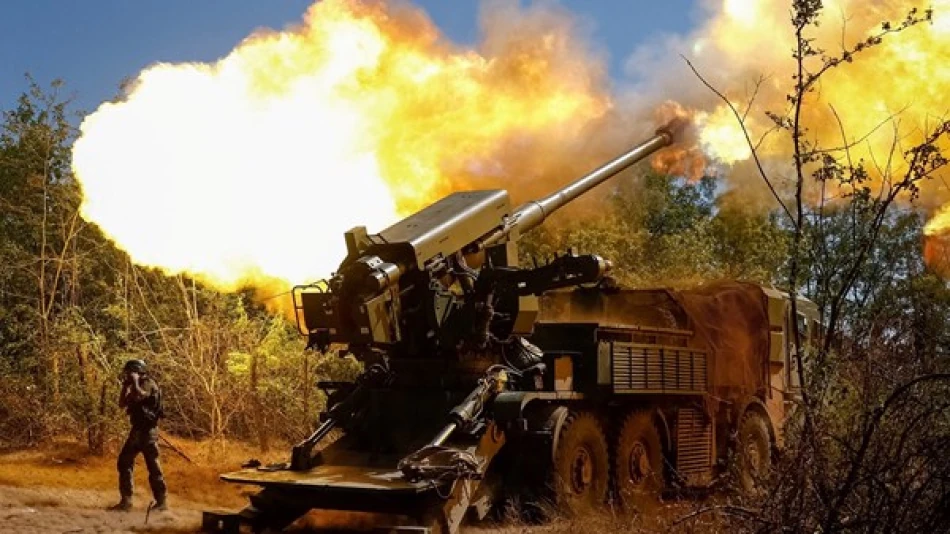
European Nation Poised to Deploy Troops to Ukraine Amid Escalating Tensions
Estonia Commits Military Company to Ukraine Peacekeeping as Europe Shapes Post-War Security Architecture
Estonia has become the first NATO member to specify its military contribution to a future Ukraine peacekeeping mission, with Prime Minister Kristen Michal announcing Friday that his country is prepared to deploy up to one military company. The commitment signals growing momentum among European allies to establish concrete security guarantees for Ukraine, potentially reshaping regional defense arrangements regardless of how the current conflict ends.
Baltic Leadership in Ukraine Support
Speaking at a joint press conference with Finnish Prime Minister Petteri Orpo in Tallinn, Michal did not specify the exact number of troops in the proposed company-sized unit, which typically ranges from 100 to 200 personnel. Estonia's commitment represents a significant contribution relative to its size—the Baltic nation maintains active armed forces of approximately 7,000 troops.
This announcement places Estonia at the forefront of European nations willing to provide specific military commitments to Ukraine's future security, building on its track record as one of the most vocal supporters of Ukrainian resistance since Russia's 2022 invasion.
NATO Coordination and Security Guarantees
Estonia's pledge aligns with broader NATO discussions on Ukraine's long-term security architecture. NATO Secretary-General Mark Rutte confirmed Friday that alliance members are actively collaborating with Ukraine to define "strong security guarantees" for Kyiv, with both European nations and the United States participating in these deliberations.
The coordination suggests NATO is preparing comprehensive security arrangements that could function independently of formal alliance membership—a pragmatic approach given the political complexities surrounding Ukraine's NATO accession bid.
European "Coalition of the Willing" Takes Shape
Estonia joins a growing list of European powers expressing willingness to deploy troops in post-conflict Ukraine. French President Emmanuel Macron and British Prime Minister Keir Starmer have both indicated their countries' readiness to contribute forces as part of what officials term a "coalition of the willing" supporting Ukraine.
German Chancellor Friedrich Merz has also signaled Berlin's openness to participating in security guarantees, marking a notable shift in German defense policy. This represents a significant evolution from Germany's historically cautious approach to military deployments, particularly in Eastern Europe.
Strategic Implications for Regional Security
The emerging European commitment to Ukraine peacekeeping reflects several strategic calculations. For Baltic states like Estonia, supporting Ukraine's territorial integrity serves as a direct defense of their own security interests, given their shared border with Russia and historical experience of Soviet occupation.
From a broader European perspective, establishing credible security guarantees for Ukraine could serve multiple purposes: deterring future Russian aggression, providing Ukraine with alternatives to immediate NATO membership, and demonstrating European strategic autonomy in regional security matters.
Military and Political Challenges Ahead
While political commitments are mounting, significant operational questions remain. The size, mandate, and command structure of any peacekeeping force will require careful negotiation among contributing nations. Historical peacekeeping missions in the Balkans and elsewhere demonstrate that successful operations require clear rules of engagement, sustainable financing, and robust political backing over extended periods.
The timing of these commitments also reflects European awareness that security arrangements may need to be in place regardless of the conflict's immediate outcome. By establishing concrete military pledges now, European allies are positioning themselves to influence post-war settlement terms and ensure Ukraine's long-term viability as an independent state.
Most Viewed News

 Layla Al Mansoori
Layla Al Mansoori






